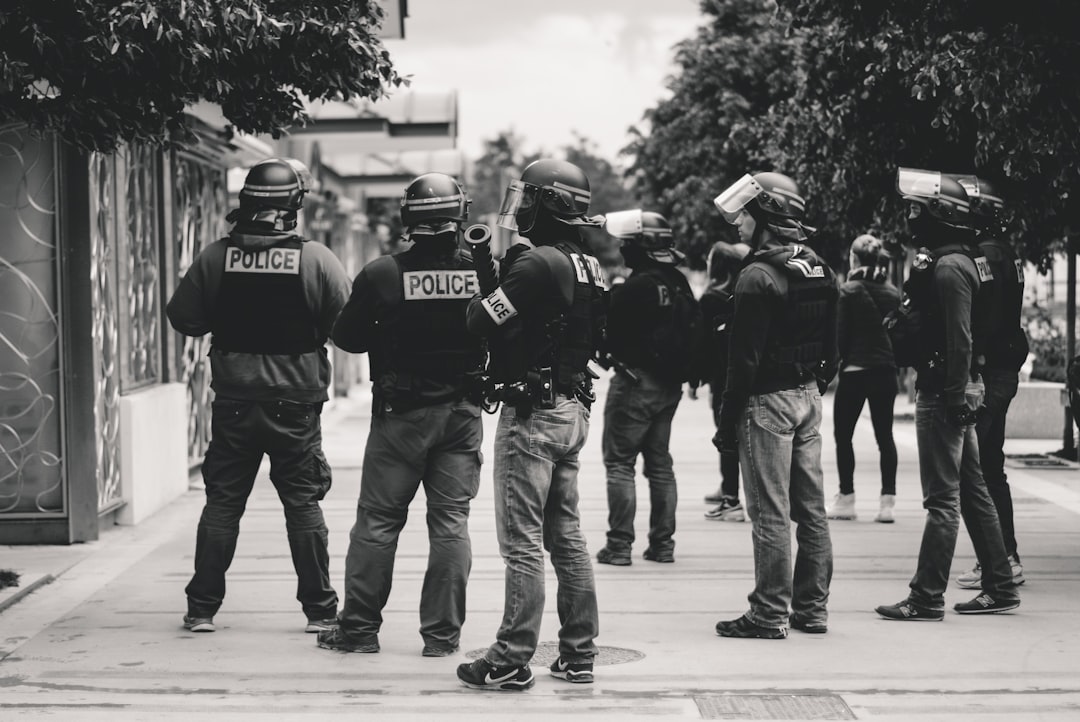When choosing a workout routine to follow as you prepare for the police physical fitness test, there are three criteria to follow:
- The program is effective. You see actual results.
- You enjoy the program.
- The program is moderate and sustainable, with a low chance of injury.
If the program can meet those criteria then it certainly may qualify as an optimal police workout program for you. There are more details we can consider to determine if it’s going to be effective and sustainable. The only way to decide if you like a program is to try it and find out.
Police Officer Exercise Program Effectiveness
For a workout program to effectively prepare you for the police officer physical fitness test it must incorporate resistance training and cardiovascular training. To get the most out of cardiovascular training, the program should go beyond aerobics and push you into and out of your anerobic zone. This is an intensity level you cannot maintain for more than a minute or two.
Resistance training is necessary even in female recruits or those who do not wish to build bulky muscles. Those wishing to simply reduce body fat will find it is far easier to lose and maintain lower body fat with a resistance training program. The increased muscle density obtained from resistance training will help to increase metabolism and maintain insulin levels at a more normal rate.
Any program that ignores cardiovascular exercise or muscle-building resistance exercise is not an effective workout routine and shouldn’t be followed.
Patterns vs. Variety
Most police prospects either want a strict workout routine they follow each time or they want the total opposite. When you’re starting out, either is fine. As you progress, you’ll get less benefit from a strictly regimented program that utilizes identical exercises, sets, reps, resistance, and frequency each week.
The most results will be obtained from a program that mixes up the workouts each day to keep the body constantly challenged. That’s why a police specific workout routine is best for optimal results in a short period of time.
If lack of structure is a problem for you, then you need a solution that offers specific advice on what to do each day. You could hire a personal trainer but that’s can be expensive.
An Exercise Plan of Moderation
Finding an exercise plan that’s moderate, sustainable, and not dangerous is rather challenging. Many programs are based on anecdotal guesswork. They incorporate techniques that are not appropriate for law enforcement training.
Before beginning any program consult with your doctor. You should also evaluate the program to be sure there’s nothing dangerous. You should avoid lifting heavy weights and using quick motions. Eventually these actions could be safe but not until you are thoroughly comfortable with the load and are well-versed in proper lifting technique. Severe back and knee injuries can occur, as well as pulled muscles, tendons, ligaments, and injuries to other joints.
Always practice good form when lifting weights. If you don’t know proper exercise technique, consult with a personal trainer or physical therapist to teach you.
Where to Turn?
I recommend you try a police specific workout program. You’ll get a new workout routine each week and exercise logging tools so you can track your workout progress. You don’t need weights and you can perform all of the exercises from home.






